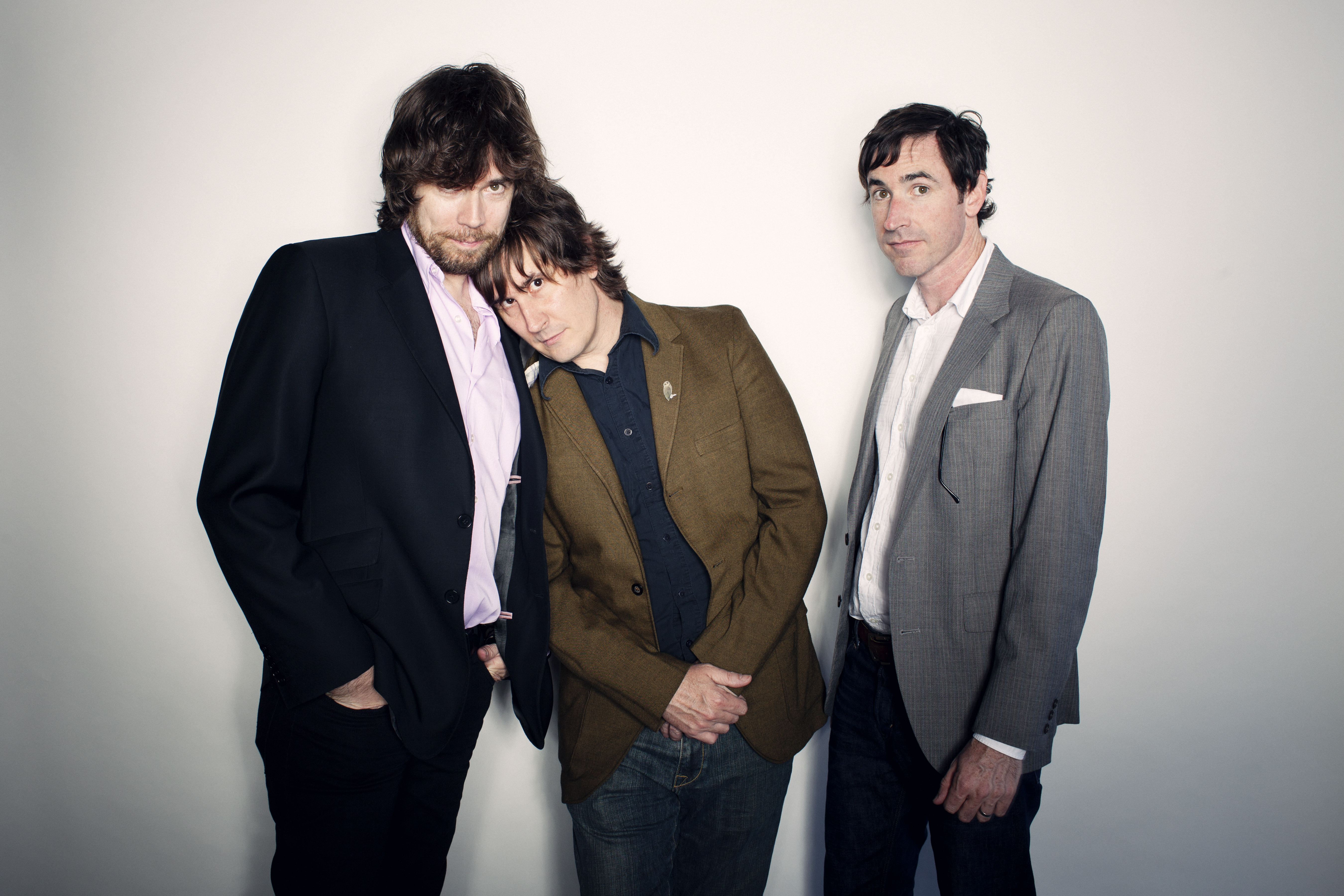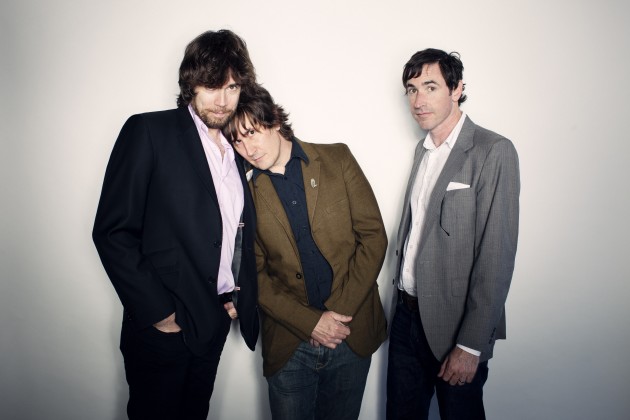The Mountain Goats’ John Darnielle has never apologized for being a prolific songwriter, mostly because he’s rarely if ever had to – over the course of 14 albums the man’s craft has remained legendarily intact and open to change. A bit before the release of The Mountain Goats’ latest effort, Transcendental Youth, we sat down with the man himself to talk about parenthood, avoiding dilettantism, and why a Mountain Goats metal record will probably never happen.
Evan Kaloudis (BPM): I’m not going to pull any punches here. Who would win in a cage match: frog ball or penguin ball?
John Darnielle: [laughs] Well, penguin ball is very new on the scene, I would have to say. The skill set of penguin ball is an unknown quantity. I have never actually seen penguin ball in person. My wife was at a play-date when penguin ball sort of… rolled onto the scene, so to speak. So it’s really hard to say. But I have to say, if you’re going with a known quantity vs. an unknown quantity, the unknown quantity always looks attractive on the outside, but I would stick with the one that brought you to the game, so my money is on frog ball.
BPM: So, you have a new son. Well, first son. Right?
JD: He’s almost a year old at this point.
BPM: Congratulations.
JD: Thank you very much. Do you have any children?
BPM: No, no. I’m far too young, I think.
JD: I don’t know. There are people younger than you that have a lot of children.
BPM: That is true.
JD: I want to avoid being – this is the thing, you see: people have a baby, and it’s so crazy how quickly they want to tell you, “No, you gotta have a baby. You gotta do this.” They get really evangelical, but it’s because it’s awesome. It’s the same as when you’re in high school and you get into weed, you tell everyone “Oh dude, you have to smoke weed! This is amazing!” Right? It’s very similar. It’s like you are in this sort of state of amazing, constant joy all day and you want to tell your friends, “Until you’ve experienced this, you can’t even relate to it! Go have a baby and we’ll talk.” That’s what it’s like.
It’s like this weird emotional pornography of the age, that the first question in sports goes “How do you feel?”
BPM: So you have a new album, Transcendental Youth. When did you begin writing it? Was it before or after your son was born?
JD: My wife was pregnant when I wrote the first one. But that’s actually one reason that the album is really dark: I have a heavy, heavy attitude problem about people having babies, and then suddenly a guy whose whole gift is for writing about the darkness in the world wants to assert that he is now good at writing about how the world is a sweet place. Since I was a kid, I’ve had an attitude problem about this thing. You know, it’s great that people have a good experience with parenting and everything, but to imagine that suddenly your muse has gotten good at writing about something that’s a new experience that you just got into last week… I mean, I just think that that’s a wrongheaded way of thinking about your craft. You spend your life honing your craft, getting good at writing about the themes and things that speak loudest to you, and suddenly, less than a year into parenthood, you’re an expert on writing about that. Let your ideas mellow a little.
I think I’ll be good at writing a parenting album 20 years from now, once I have raised a child. Part of that is that nobody cares about what my opinions and feelings are. Maybe they do in the short term – on Twitter I’ll talk about that stuff – but for stuff that I’m writing to send out there in the world, I write about the stuff that I’ve been thinking about my whole life. So I wrote “Lakeside View Apartments Suite,” one of the darkest songs on the record, with a baby under my left hand and a piano at my right. When you listen to this song, it is not a song about all the love and hope and stuff that exists when you’re looking at a baby. It’s a song about people in hopeless situations in an apartment, which I kind of like. I think that’s the right way to treat your muse, is to not tell your muse “Oh yeah, my life has changed. I’m going to abandon you and throw you out for this new one.”
 Photo by Nick Pereslugoff. Music Hall of Williamsburg
Photo by Nick Pereslugoff. Music Hall of Williamsburg
BPM: So would you say parenthood’s influenced your perspective?
JD: Not in my songwriting, I don’t think. I don’t want to talk badly about your question, but I think… here’s a thing they do in boxing that I really hate. In boxing, you win or lose. Let’s say you lost. Let’s say you’re Miguel Cotto and you just beat Margarito, who had loaded gloves at one point, and Cotto had lost to him previously. And it was a stain on his record. So Cotto beats Margarito in the rematch, and it’s a very emotional thing for him to do that. And the interviewer goes into the ring, and the first question he has of a guy who just boxed is “How are you feeling at this moment?” I think that’s a meaningless question. It’s like this weird emotional pornography of the age, that the first question in sports goes “How do you feel?” Not an interesting question, actually! Unless we’re participating in this bizarre reality TV culture in which the most interesting thing to us about a person’s accomplishment is what he’s feeling inside. That’s not the most interesting thing to me about that. Now wait, tell me what your question was?
BPM: [laughs] Your perspective as a songwriter?


